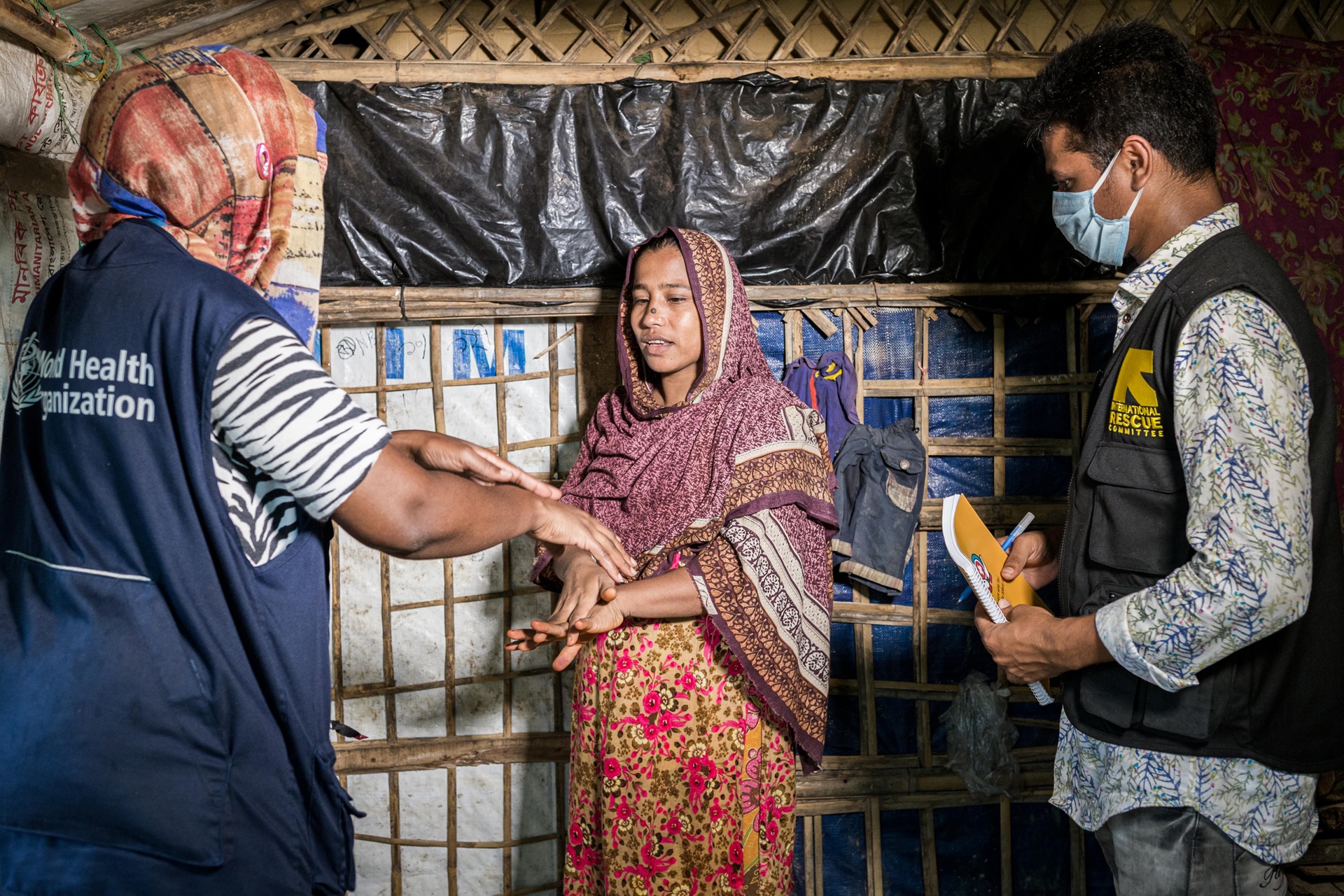
Global Health Emergency Appeal 2022
Foreword by Dr Tedros Adhanom Ghebreyesus, WHO Director-General
"In health emergencies, WHO often serves as both a first responder and a provider of last resort for the world’s most vulnerable people, from Ebola outbreaks in Africa to maintaining essential health services in Afghanistan and Syria. In 2021, WHO responded to 76 health emergencies, including eight Grade 3, protracted emergencies, all compounded by the COVID-19 pandemic. 2022 is shaping up to be our most challenging year yet. COVID-19 cases continue to surge, fueled by newly emerging variants and persistent vaccine inequity, in addition to ongoing and new conflicts. This severely impacts health systems worldwide, particularly in countries or regions dealing with humanitarian crises. These increasingly multidimensional crises demand more complex responses and greater resources. For the first time in WHO’s history, we are now launching a single consolidated appeal, which includes an overview of emergency and humanitarian health needs and financial requirements for every WHO region in 2022."
.tmb-1920v.jpg?sfvrsn=13bdfaeb_3)
WHO’s Global Health Emergency Appeal: serving the vulnerable
WHO’s Global Health Emergency Appeal for 2022 contributes to our strategic _target of 1 billion people being better protected from health emergencies. This new annual appeal covers WHO’s requirements to meet urgent emergency and humanitarian health needs for every region, including the COVID-19 response.
We need US$ 2.7 billion to serve people around the world in the most vulnerable settings, including ending the acute phase of the COVID-19 pandemic. WHO, together with health cluster partners, is _targeting support to 160 million people in need of critical health assistance across 56 countries.
Financial requirements
Financial requirements in 2022
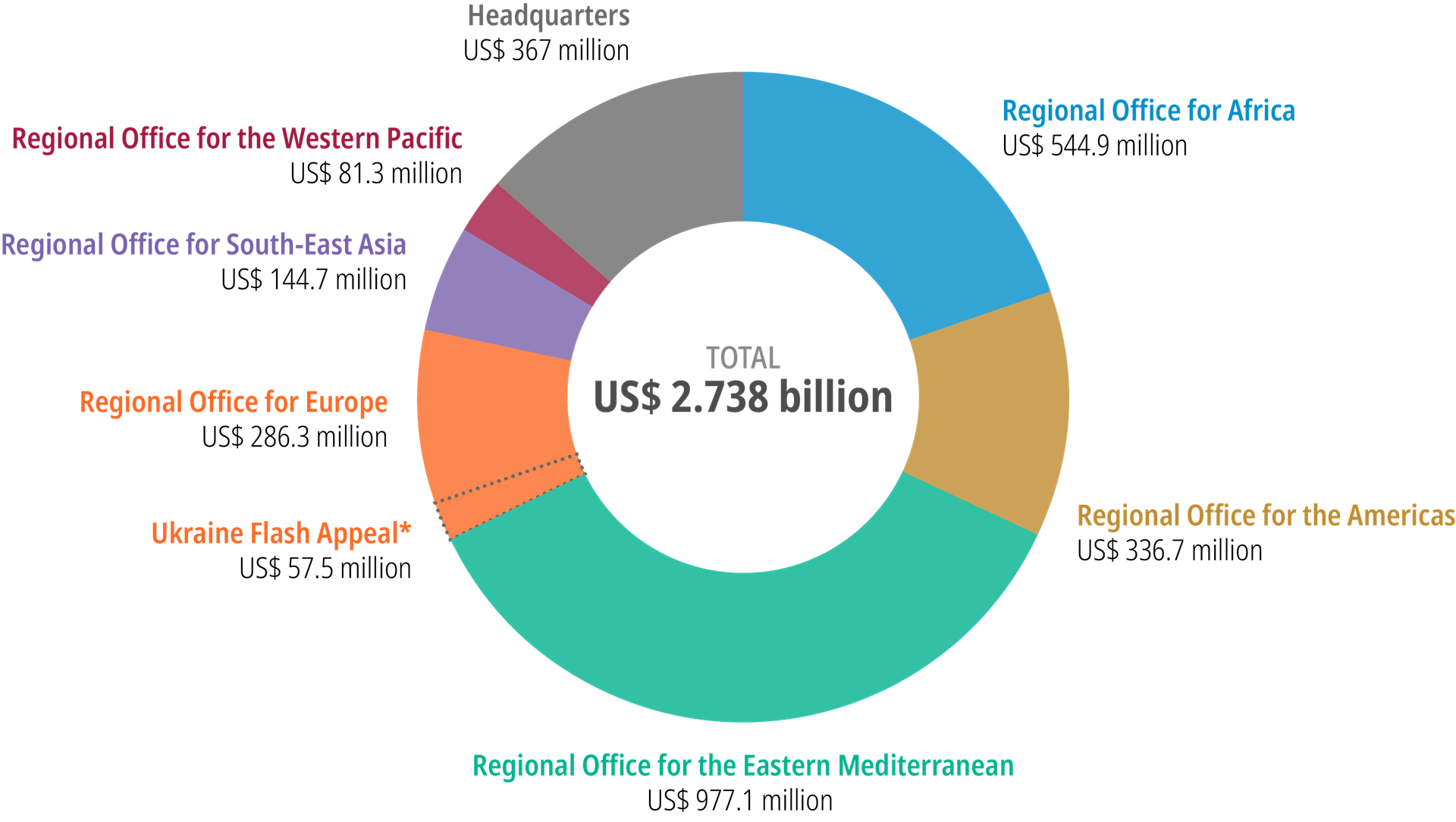
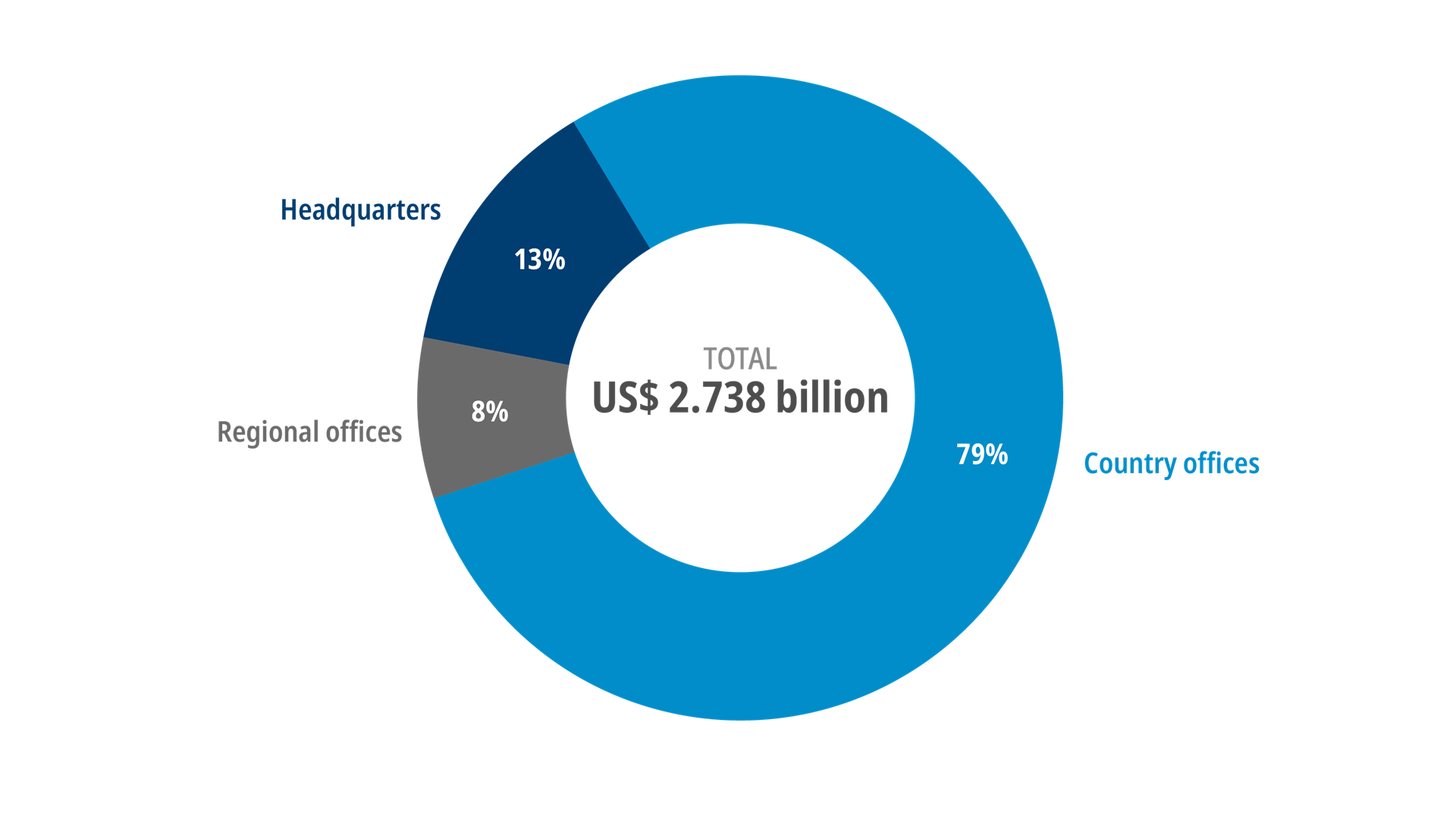
WHO needs US$ 2.7 billion to protect people from health emergencies around the world in 2022. This includes US$ 1.59 billion for the global COVID-19 response, which also covers WHO's work through the Access to COVID-19 Tools Accelerator (ACT-A).
The Appeal also covers WHO's response to 9 other Grade-3 emergencies, including Afghanistan, Democratic Republic of the Congo, northern Ethiopia, Nigeria, Somalia, South Sudan,
Syria, Ukraine and Yemen.
Regional and country appeals *
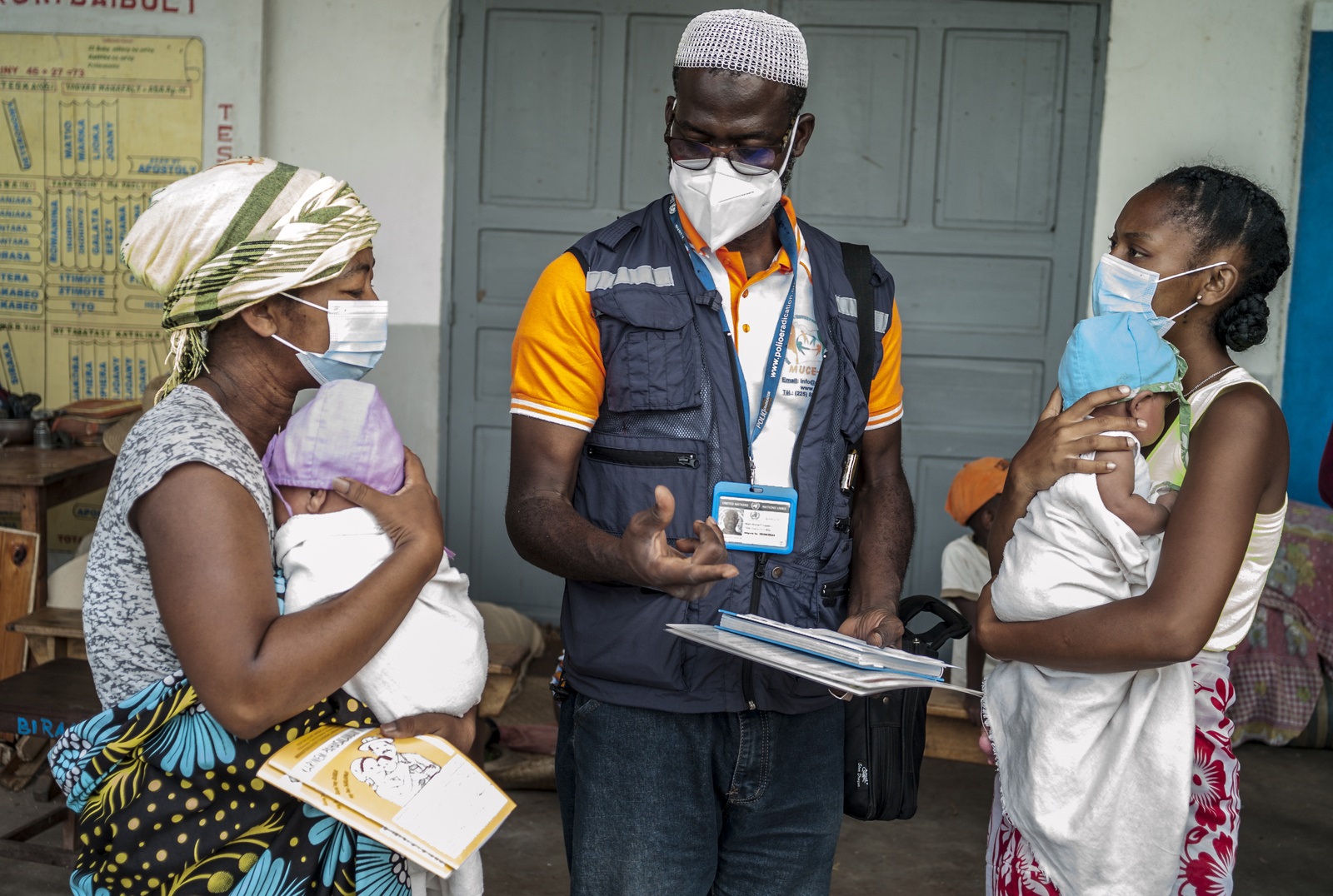
On 14 February 2022 at a temporary shelter for people displaced by tropical cyclone Batsirai in Ampasimandrorona district, WHO's Dr Koné Foussen speaks to the grandmother and mother of twins about the importance of vaccinating the infants.
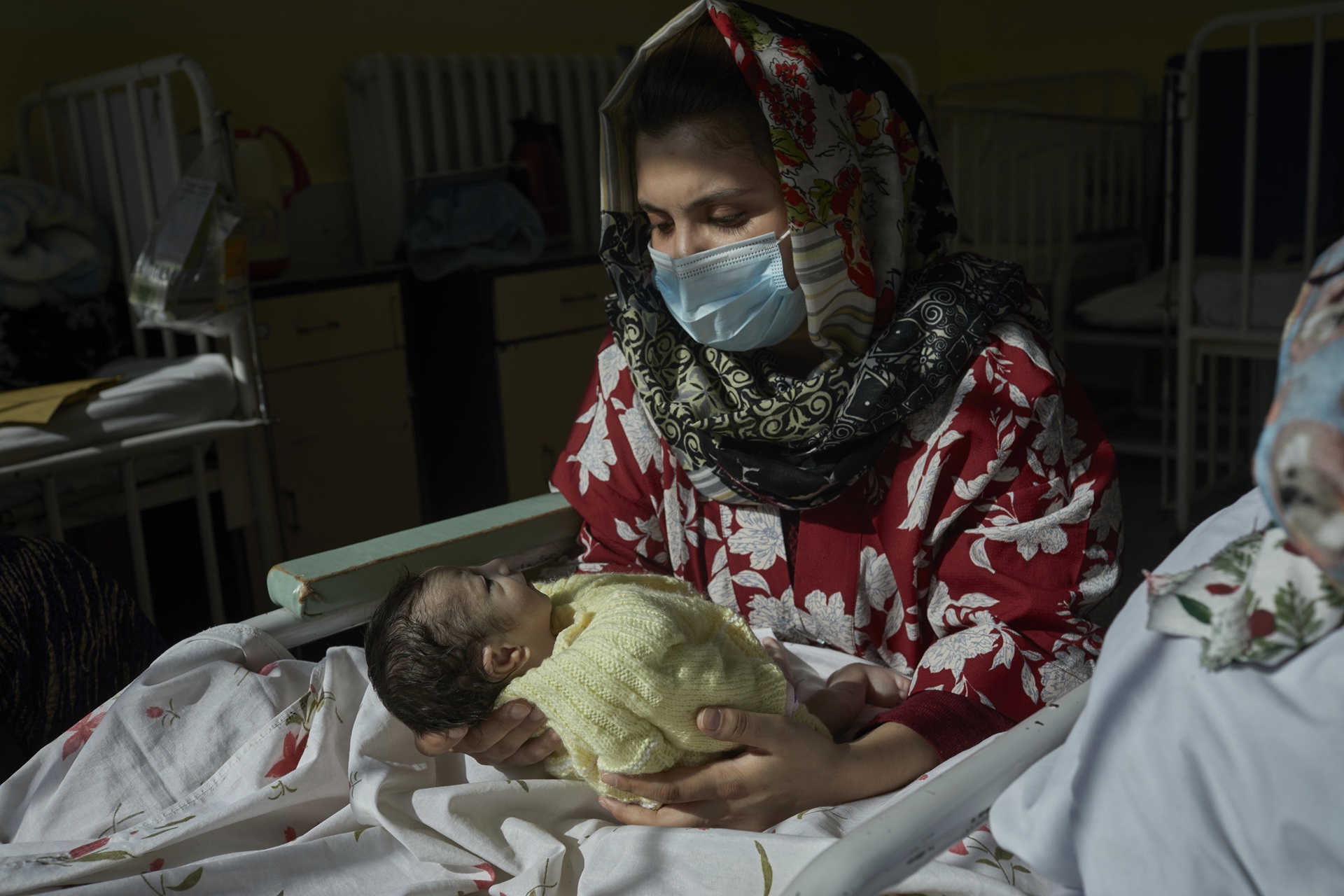
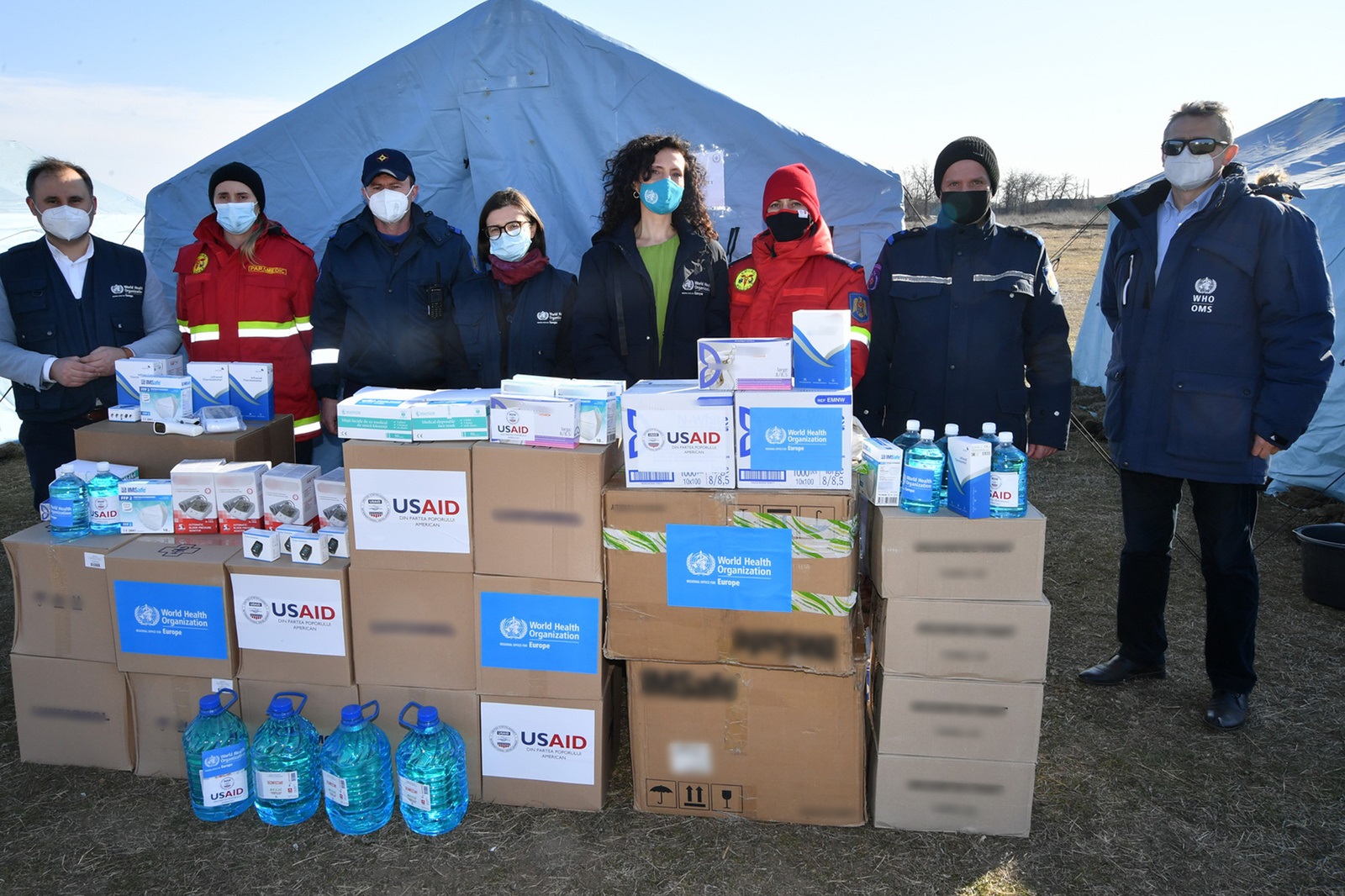
WHO Moldova has delivered today first batch of much-needed support on urgent health issues to the refugees coming from Ukraine in a camp situated near by Palanca border crossing point between the Republic of Moldova and Ukraine.
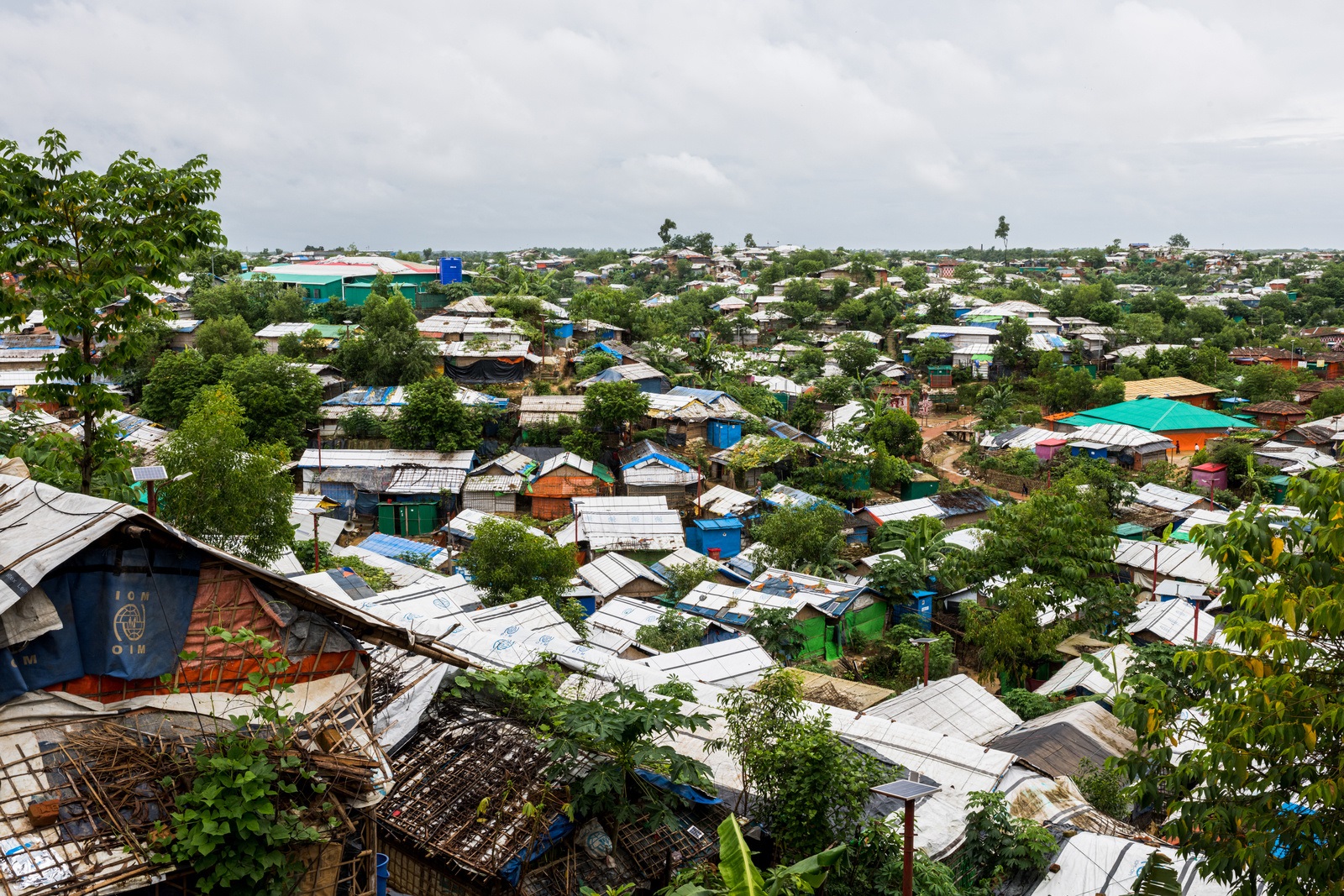
WHO is supporting COVID-19 preparedness and response for vulnerable Rohingya refugees and host communities in Cox’s Bazar, Bangladesh.
African Region: regional summary
Eastern Mediterranean Region: regional summary
European Region: regional summary
South-East Asia Region: regional summary
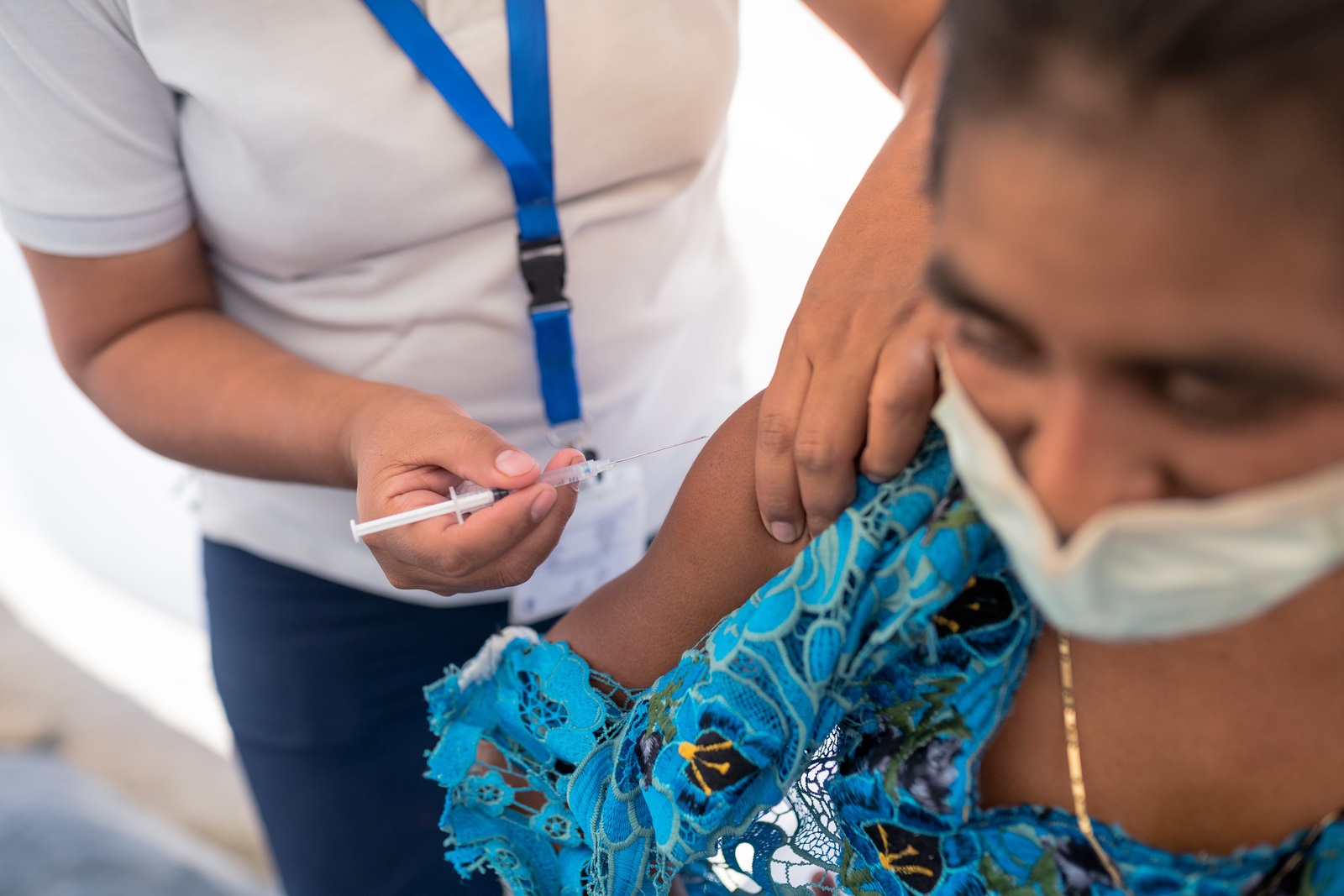
On 23 March 2021, health personnel, midwives and other priority groups received their first dose of COVID-19 vaccine in Campur, a municipality in the department of Alta Verapaz, Guatemala.
Region of the Americas: regional summary
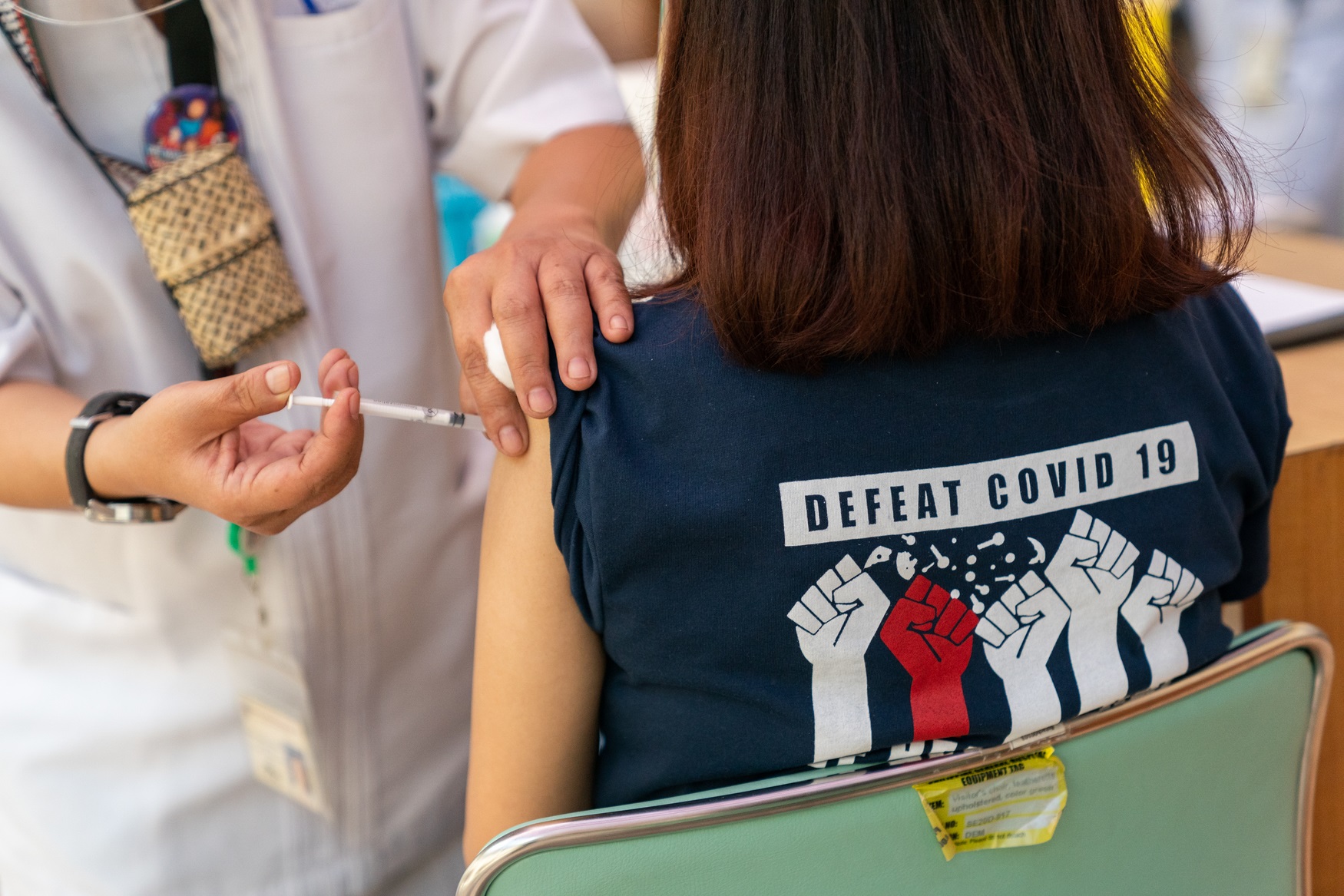
Surgeon and oncologist Marie Dione Sacdalan receives COVID-19 vaccine at the Philippine General Hospital in Manila, Philippines on 29 March 2021.
Western Pacific Region: regional summary
* Data for people in need and people _targeted aligns with the overall figures in Global Humanitarian Overview 2022, unless otherwise stated. Planning figures subject to evolve.





